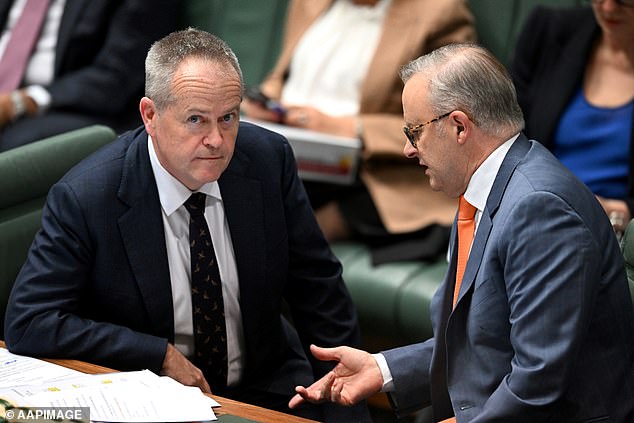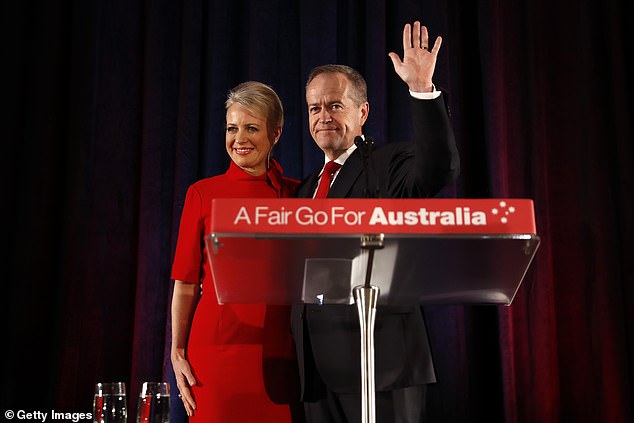The man who lost an election he couldn’t lose is retiring from federal politics. The man who nearly became prime minister, Bill Shorten, now NDIS minister, will not stand in the next election.
After nearly 20 years in politics, he is moving on, not to accept a top government job overseas as many former politicians do, but to become the next principal of the University of Canberra.
It’s a highly unusual position for someone without postgraduate qualifications or experience in the higher education sector, but that doesn’t mean Shorten isn’t qualified to lead an institution like UC.
As a former education minister, Shorten has long been passionate about the sector, and his salary will likely triple what he earns as a cabinet minister.
His first task once he takes office early next year should be to explain to the government how damaging its changes to foreign student intake are to both universities and the Australian economy.
It will be an early test of whether or not Shorten remains an apologist for bad Labor policy even when he is no longer in Parliament.
But Shorten’s new job is no substitute for his unfulfilled ambition to become Prime Minister.
The 2019 election defeat was an unprecedented example of how to snatch defeat from the jaws of victory. Labour led every poll in every polling agency for the 18 months leading up to that election, but still lost.
The polls were most likely not wrong, but simply reversed towards the end of the election cycle. While Labour had long been in the lead, the trend lines were narrowing as the election approached.
Bill Shorten (pictured with wife Chloe) came close to becoming prime minister and is now NDIS minister, but will not be standing at the next election.
Losing to someone like Scott Morrison would have made the defeat even harder to bear.
Shorten could take credit for the pressure he put on Tony Abbott and Malcolm Turnbull, thereby contributing to their demise.
Both prime ministers were unceremoniously removed from their top posts by their respective parties.
Shorten’s greatest political legacy is the role he played in developing the NDIS – coming up with the idea, helping to design it and ultimately making it a reality.
It is an achievement for which the sector will be eternally grateful. As a piece of social policy, it ranks with Gough Whitlam’s shift towards free education and healthcare, the precursor to HECS and Medicare.
But the fiscal pressures of the NDIS have become all too apparent, as has the need to reform how it is delivered and to whom, including all sorts of tweaks to who qualifies for assistance and who doesn’t.
When it comes to fixing the NDIS to make it fit for purpose, Shorten ends his tenure in politics with that task still incomplete.
His political legacy as a public policy professional is therefore still up in the air.
However, there are not many politicians who are well-regarded in both parties, and Shorten is one of them.
Liberals tell me he reaches out to them when times are tough, and he means it.
Perhaps having been through the agony of defeat in 2019 helped give Shorten more empathy than most in politics.

Prime Minister Anthony Albanese will be happy to see Bill Shorten go (pictured)
For his part, Prime Minister Anthony Albanese will be happy to see Shorten go.
He spent most of Shorten’s six years as Labor opposition leader disparaging the job he did and criticising the decisions he made.
Of course, it is never recorded.
When Albo’s standing in the polls began to slip, he assumed Shorten was doing the same.
For my part I can say that despite my incessant attempts to convince him, he never gave Albo to me.
The two became leadership rivals of their generation, one on the Victorian right, the other on the New South Wales left.
Unusually, the left triumphed in this showdown between two Labour leaders who have never managed to live up to the legacy of the great Labour leaders of the past.

